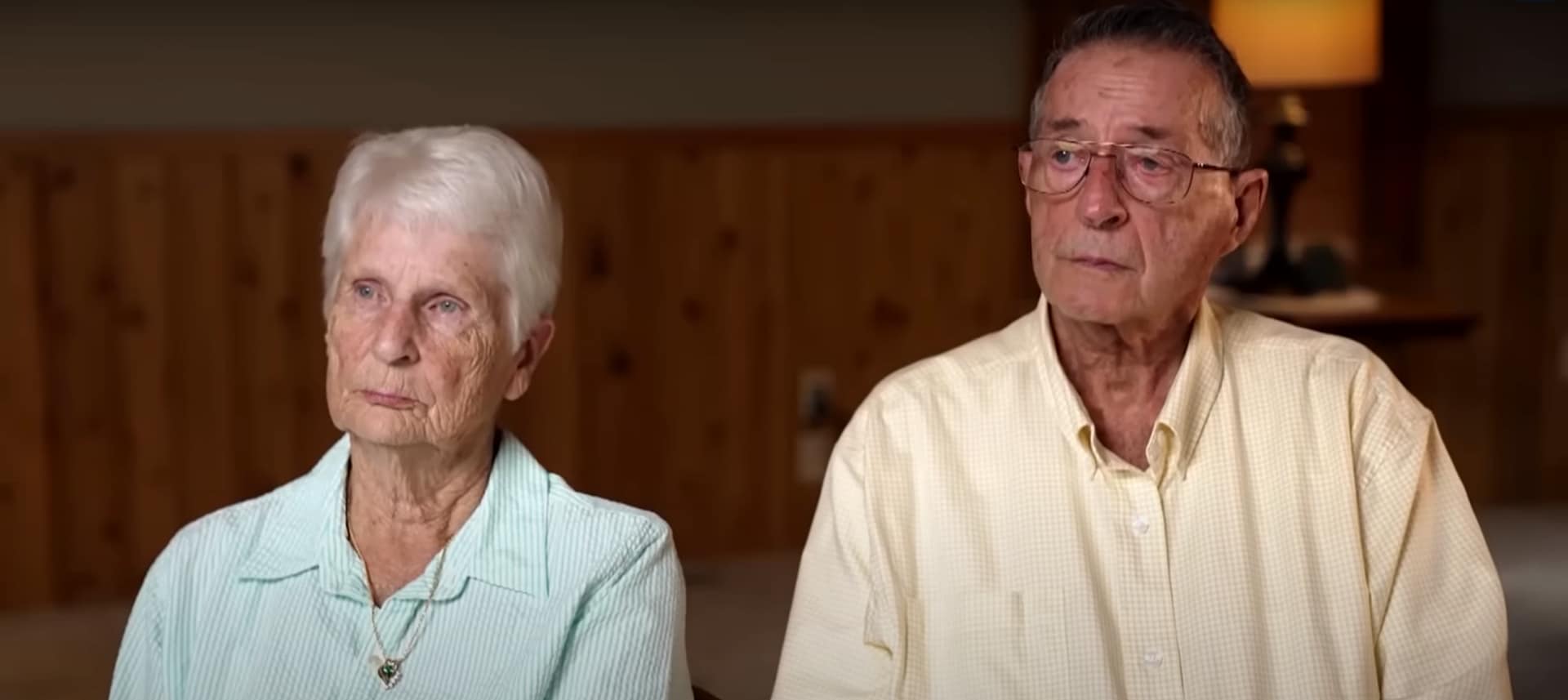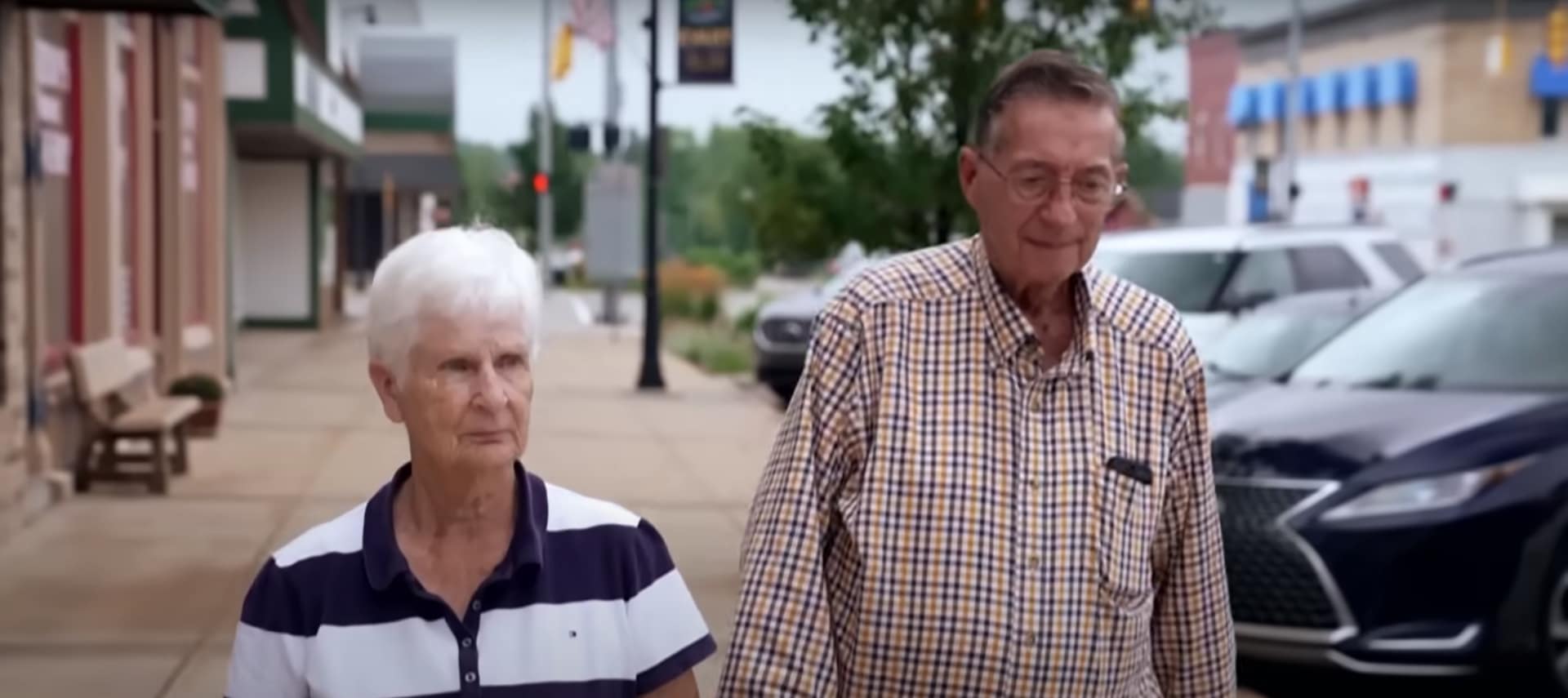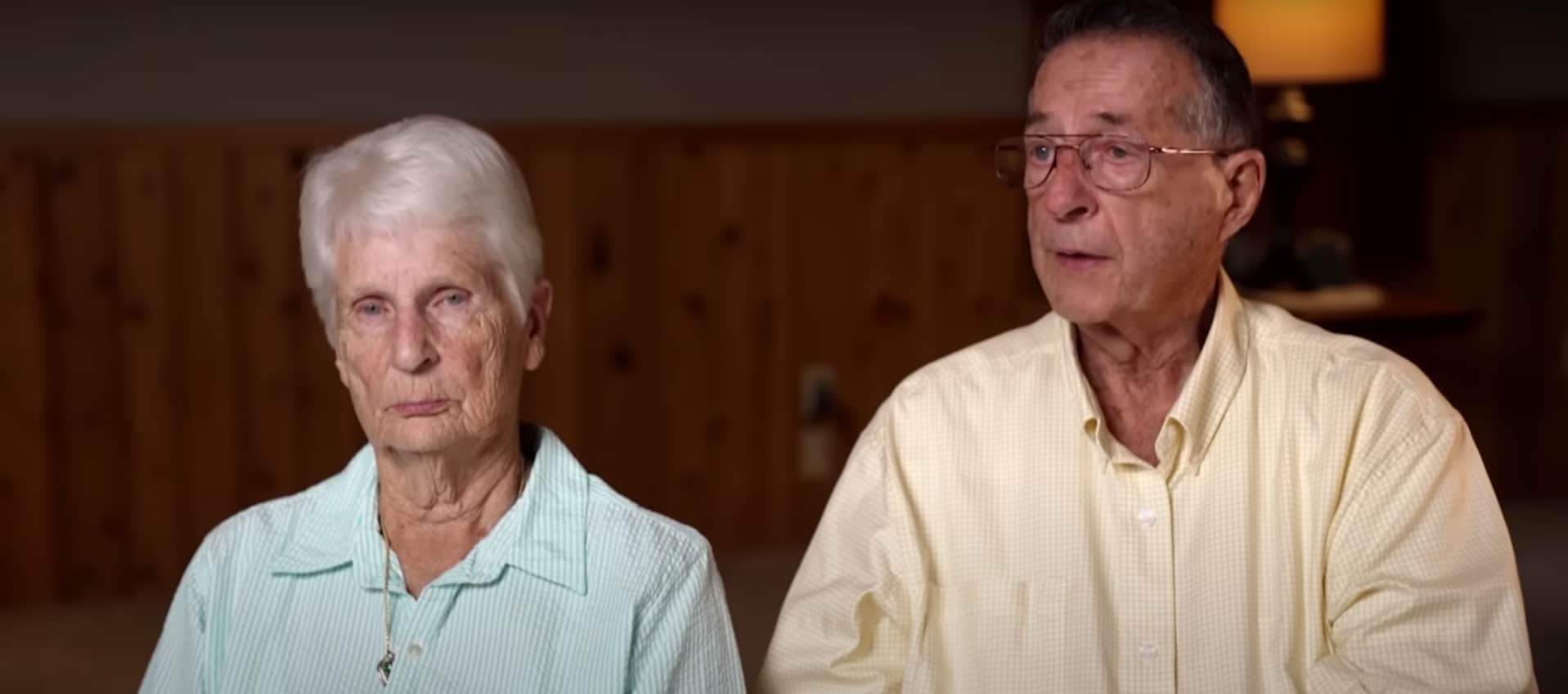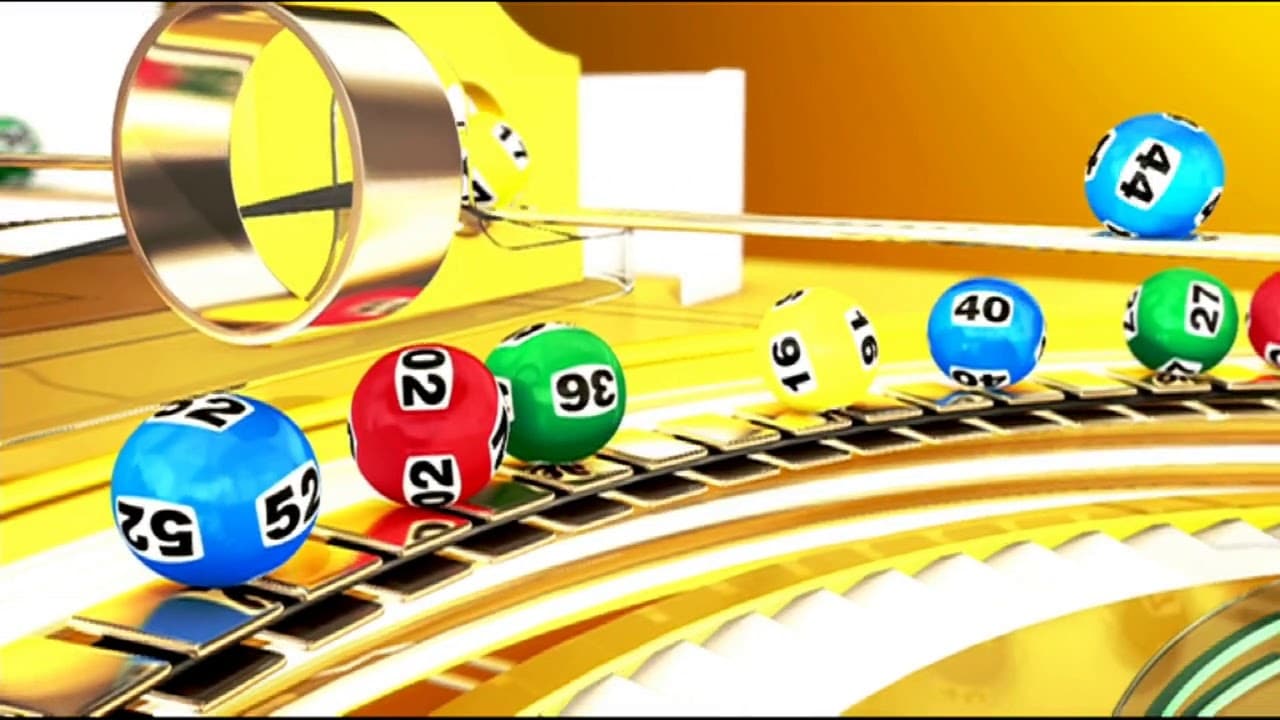We’re going to look at the amazing tale of the elderly couple who won $26 million in the lottery by using math.

Math Wizards
We’re going to look at the amazing tale of the elderly couple who won $26 million in the lottery by using math.
Now, we should remind you that your chances of getting struck by lightning are typically higher than your chances of winning the lottery.
According to statistics, there is a one in 292 million chance that the Powerball jackpot will be won by selecting all the numbers with the white and red balls.
However, Jerry and Marge Selbee from Evart, Michigan, found a clever method to overcome these odds by employing what they referred to as “simple arithmetic.”
Please note that they were only able to profit from the Cash Winfall game, which has now been halted after authorities discovered players were abusing it to earn quick money.
So wait a little while before abandoning your work.
Cracking the code
The Selbees, on the other hand, were able to capitalize on the weakness and accrue numerous legitimate victories totaling $26 million for them.
Given that they had first retired in their early 60s with no goals other than to kick back and “enjoy life,” as they said in an episode of CBS News’ 60 Minutes Overtime, it’s quite the star tale.
If the jackpot in Cash Winfall reached $5 million and no one had correctly predicted all six numbers, the money would ‘roll down’ to the winners of the lower-tier prizes.
Jerry, who holds a bachelor’s degree in mathematics, has always had what he calls a “head for math,” so it didn’t take him long to see that this was a special game.

Even though he went into great depth to describe his precise strategy, you’ll need to be quite well-versed in math to really grasp what he is saying.
Think about this: “If I wagered $1100, I would theoretically have one four-number winner, which would be worth $1,000.
“I did a mental quick calculation and divided 1100 by six instead of 57, and I came up with 18 so I knew I’d get either 18 or 19 three-number winners, and that’s $50 each.
“At the age of 18, I won $1,000 for a four-number winner and received 18 prizes of $50 each for three-number winners, for a total of $900.
“So I invested $1100 and got a $1900 return,” the investor said.
Phew. Even if you didn’t comprehend it all, it’s clear that an investment yielding a $800 profit on a $1100 outlay is pretty darn impressive.
When Jerry tried the strategy for the first time, he invested everything he had, spending $3600 on Winfall tickets, and it paid out, giving the pair $6,300.
The following time, he invested nearly twice as much and purchased $8,000 worth of tickets. They kept repeating this pattern until they were having fun with hundreds of thousands of dollars.
Even their children and close friends joined in, but the Winfall game was eventually shut down in Michigan.

But they simply kept making money by playing it in Massachusetts, where it was still available.
In reality, Jerry said, “it’s just fundamental arithmetic. It provided you the gratification of accomplishing something good for not only us individually but also for our friends and family, she said.
After the Boston Globe received a report that the lottery game was being rigged, it was eventually shut down, foiling their scheme.
But by 2011, the Selbees and their loved ones had already amassed a substantial fortune.
Authorities began looking into the situation, but they quickly realized the pair had found a loophole rather than committing any crimes at all.
Their story is so extraordinary that it was turned into a full film, Jerry & Marge Go Large, starring Bryan Cranston, and it was released last year.


